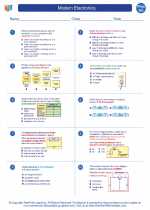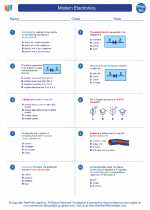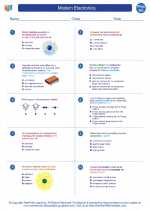Immune Response
The immune response is the body's defense mechanism against invading pathogens such as viruses, bacteria, and other microorganisms, as well as against abnormal cells such as cancer cells. The immune system is composed of a complex network of cells, tissues, and organs that work together to recognize and eliminate foreign substances and to remember them for future encounters.
Types of Immune Response
- Innate Immune Response: This is the body's immediate, nonspecific defense against pathogens. It includes physical barriers (such as the skin and mucous membranes), as well as cells like macrophages and neutrophils that engulf and destroy pathogens.
- Adaptive Immune Response: This is a specific response that develops over time as the body encounters specific pathogens. It involves the activation of T and B lymphocytes, which produce specific antibodies and immune responses targeted at the invading pathogens.
Components of the Immune System
The immune system is composed of various components, including:
- White Blood Cells (Leukocytes): These include lymphocytes (T cells, B cells, and natural killer cells) and phagocytes (such as macrophages and neutrophils).
- Lymphoid Organs: These include the thymus, spleen, lymph nodes, and bone marrow, where immune cells are produced and matured.
- Antibodies: These are proteins produced by B cells that recognize and neutralize specific pathogens.
- Complement System: A group of proteins that work together to destroy pathogens directly or facilitate their recognition and removal by immune cells.
Steps in the Immune Response
The immune response involves several key steps:
- Recognition: Immune cells recognize and bind to specific molecules (antigens) on the surface of pathogens or abnormal cells.
- Activation: Upon recognition, immune cells become activated and initiate a cascade of events to eliminate the invading pathogens.
- Effector Response: Effector cells, such as cytotoxic T cells and macrophages, work to directly destroy the pathogens or infected cells.
- Memory: After the infection is cleared, some immune cells remain in the body as memory cells, providing long-term immunity and the ability to mount a faster and stronger response upon re-exposure to the same pathogen.
Disorders of the Immune System
Disorders of the immune system can lead to deficiencies (such as immunodeficiency disorders), overactivity (such as autoimmune diseases), or hypersensitivity (such as allergies). Understanding the immune response is crucial for developing treatments for these disorders.
Study Guide
To study the immune response effectively, it is important to:
- Understand the difference between innate and adaptive immunity, including the mechanisms and cells involved in each.
- Learn the functions of key immune cells, such as T cells, B cells, macrophages, and natural killer cells.
- Understand the process of antigen recognition, activation of immune cells, and the effector mechanisms used to eliminate pathogens.
- Study the role of antibodies and the complement system in the immune response.
- Explore the concept of immunological memory and its importance in providing long-term protection against pathogens.
- Review common immune system disorders, their causes, symptoms, and potential treatments.
By mastering these concepts, you will gain a comprehensive understanding of the immune response and its significance in protecting the body against infectious diseases and other threats.
.◂Physics Worksheets and Study Guides High School. Modern Electronics

 Worksheet/Answer key
Worksheet/Answer key
 Worksheet/Answer key
Worksheet/Answer key
